
Tennoji: The Heart of Tradition and Modernity in Osaka
Tennoji is a fascinating blend of the old and the new, making it a must-visit destination in Osaka. This neighbourhood is home to some of the city's most historic sites, including the renowned Shitennoji Temple, which dates back to the 6th century. Visitors can explore the serene temple grounds and admire the beautiful pagoda, a testament to Japan's rich cultural heritage. Nearby, the Tennoji Park offers a tranquil escape with its lush greenery, the Osaka Municipal Museum of Art, and the tranquil Keitakuen Garden, perfect for leisurely strolls. But Tennoji is not just about history and tradition; it's also a hub of modern attractions. The iconic Abeno Harukas, Japan's tallest skyscraper, stands proudly in this area. From its observation deck, tourists can enjoy breathtaking panoramic views of the city. The neighbouring Q's Mall provides an excellent shopping experience with a wide range of international and local brands. Food lovers will find delight in the diverse culinary scene, from traditional Japanese eateries to trendy cafes and gourmet restaurants. For families, Tennoji offers plenty of kid-friendly attractions. The Tennoji Zoo, one of Japan's oldest zoos, is a hit with children and adults alike. The neighbourhood is also well-connected by public transport, making it easy to explore other parts of Osaka. Whether you're a history buff, a shopaholic, or a foodie, Tennoji has something to offer everyone.
Local tips in Tennoji
- Visit Shitennoji Temple early in the morning to avoid the crowds and enjoy a peaceful experience.
- Head to the Abeno Harukas observation deck just before sunset for stunning views of Osaka and beyond.
- Wear comfortable shoes as Tennoji Park and the surrounding areas are best explored on foot.
- Check out the local food stalls around Tennoji Station for delicious and affordable Japanese street food.
- Use the Tennoji Station as your base; it connects you to major attractions in Osaka and beyond.
Tennoji: The Heart of Tradition and Modernity in Osaka
Tennoji is a fascinating blend of the old and the new, making it a must-visit destination in Osaka. This neighbourhood is home to some of the city's most historic sites, including the renowned Shitennoji Temple, which dates back to the 6th century. Visitors can explore the serene temple grounds and admire the beautiful pagoda, a testament to Japan's rich cultural heritage. Nearby, the Tennoji Park offers a tranquil escape with its lush greenery, the Osaka Municipal Museum of Art, and the tranquil Keitakuen Garden, perfect for leisurely strolls. But Tennoji is not just about history and tradition; it's also a hub of modern attractions. The iconic Abeno Harukas, Japan's tallest skyscraper, stands proudly in this area. From its observation deck, tourists can enjoy breathtaking panoramic views of the city. The neighbouring Q's Mall provides an excellent shopping experience with a wide range of international and local brands. Food lovers will find delight in the diverse culinary scene, from traditional Japanese eateries to trendy cafes and gourmet restaurants. For families, Tennoji offers plenty of kid-friendly attractions. The Tennoji Zoo, one of Japan's oldest zoos, is a hit with children and adults alike. The neighbourhood is also well-connected by public transport, making it easy to explore other parts of Osaka. Whether you're a history buff, a shopaholic, or a foodie, Tennoji has something to offer everyone.
Iconic landmarks you can’t miss
Tennoji Zoo
Explore Tennoji Zoo in Osaka for an unforgettable wildlife adventure amid lush landscapes and diverse animal species, perfect for families and nature lovers.
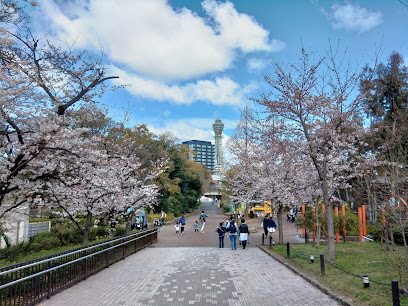
Shitenno-ji
Discover the rich history and serene beauty of Shitenno-ji, one of Japan's oldest and most revered Buddhist temples in Osaka.
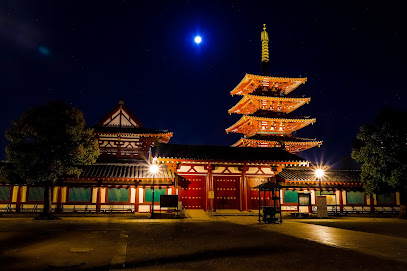
Tennoji Park
Discover the beauty of Tennoji Park, where lush gardens and cultural treasures await in the vibrant city of Osaka.
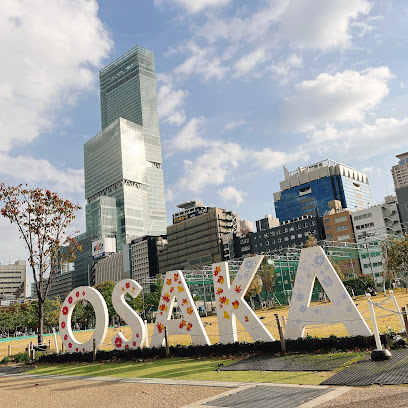
Shitennoji Honbo (Abbot's Quarters)
Explore the serene beauty of Shitennoji Honbo, Osaka's oldest temple, and immerse yourself in Japan's rich Buddhist heritage.
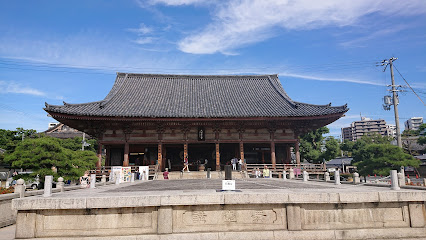
Kuchinawazaka
Explore the rich cultural heritage and stunning architecture of Kuchinawazaka in Osaka, a must-visit destination for history enthusiasts.
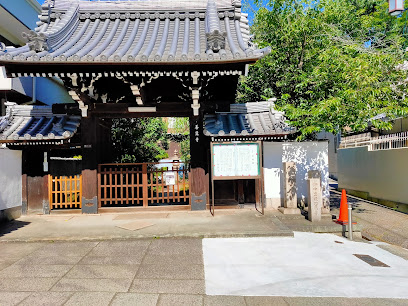
Kawazokoike
Discover tranquility at Kawazokoike Park in Osaka, a serene oasis featuring a beautiful lake, lush greenery, and stunning seasonal blooms.
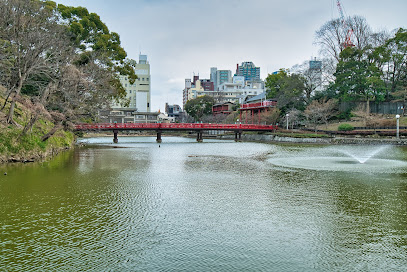
Shingonzaka
Discover the enchanting charm of Shingonzaka in Osaka, where history, culture, and nature blend seamlessly.
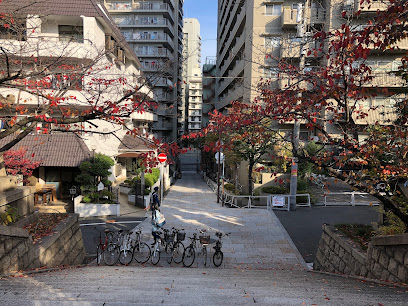
Ten Noji village monument
Explore the historical charm of Ten Noji Village Monument in Osaka, a serene landmark that offers a glimpse into Japan's rich cultural heritage.
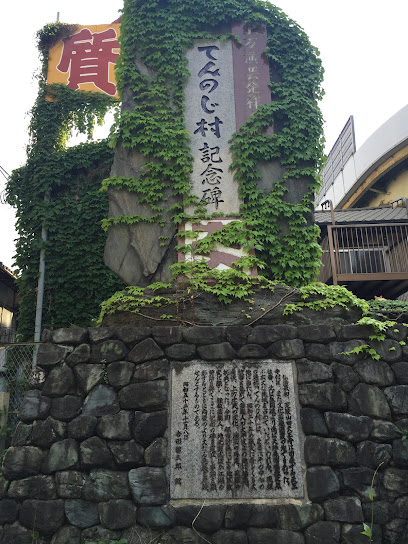
OSAKAモニュメント
Explore the stunning Osaka Monuments, where rich history and modern beauty intertwine in a vibrant urban landscape.
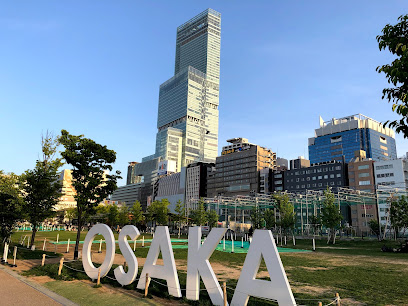
ベルリンの壁
Explore the Berlin Wall in Osaka, a historical landmark that embodies the struggle for freedom and unity across borders, connecting past and present.
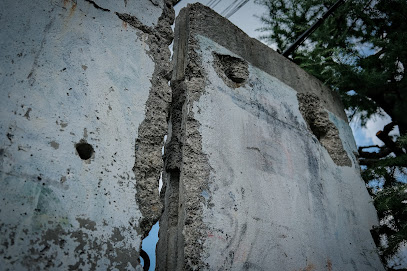
Unmissable attractions to see
Tennoji Zoo
Discover a world of animals in the heart of Osaka at Tennoji Zoo, featuring ecological exhibits and conservation efforts.
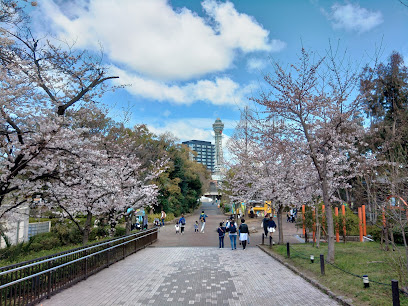
Shitenno-ji
Discover Osaka's spiritual heart at Shitenno-ji Temple, one of Japan's oldest Buddhist temples, founded in 593 by Prince Shotoku.
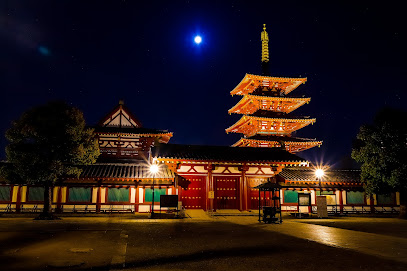
Tennoji Park
Discover Osaka's green heart: a blend of serene gardens, art, and wildlife in Tennoji Park, easily accessible and open to all.
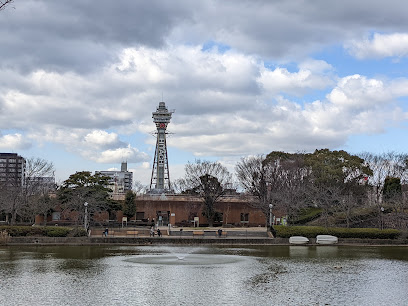
Kuchinawazaka
Discover Kuchinawazaka, a historic stone-paved slope in Osaka's Tennoji Ward, offering a tranquil journey through time and culture.
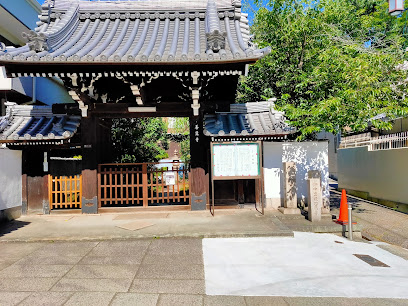
Kawazokoike
Escape the city bustle at Kawazokoike Park, a peaceful green space in the heart of Osaka's Tennoji Ward.
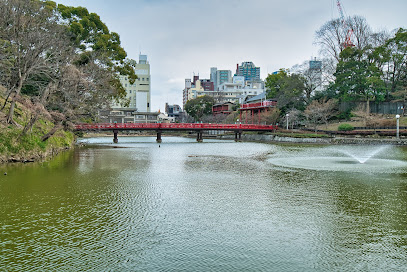
Aizenzaka
Discover Aizenzaka: Osaka's charming slope blending tradition, art, and stunning city views. A cultural gem in Tennoji Ward.
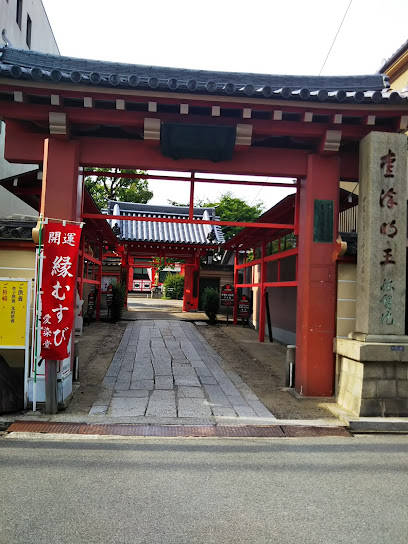
Kiyomizuzaka
Explore Kiyomizuzaka in Osaka: Where traditional streets, local crafts, and scenic views create an unforgettable cultural experience.
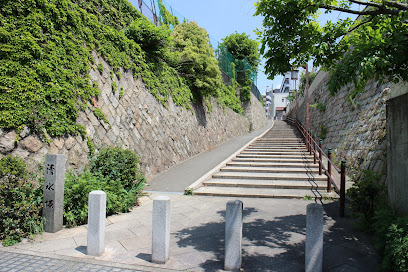
Shingonzaka
Discover Shingonzaka in Osaka: A peaceful escape with historic charm, traditional shops, and lush scenery, perfect for a relaxing stroll.
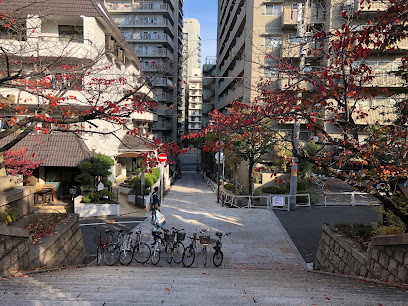
OSAKAモニュメント
Explore Osaka's Minami District, where vibrant nightlife, delicious street food, and rich culture come together in a unique urban experience.
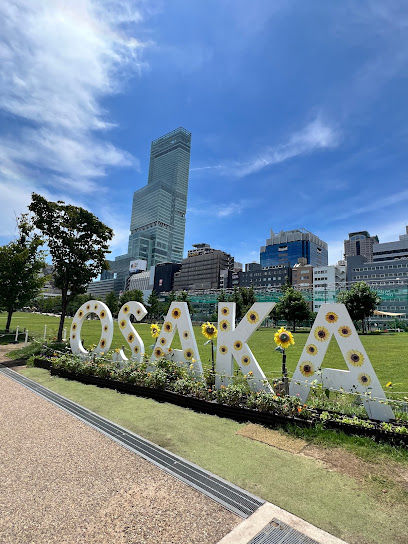
Tennoji Zoo Museum
Explore diverse habitats and wildlife in the heart of Osaka at Tennoji Zoo, a family-friendly destination since 1915.
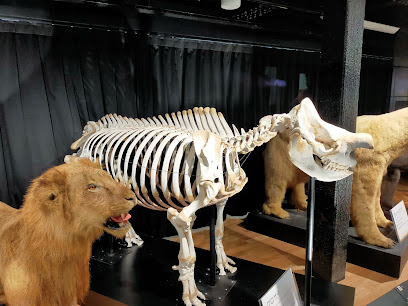
Essential places to dine
Bikkuri Donkey Tennoji
Discover family-friendly dining at Bikkuri Donkey Tennoji in Osaka – where delicious flavors meet a welcoming atmosphere.
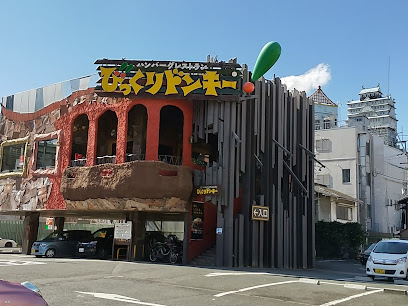
Aoi Napoli in the Park
Discover delicious Italian cuisine at Aoi Napoli in the Park - your perfect dining escape in Osaka's scenic Tennoji Ward.
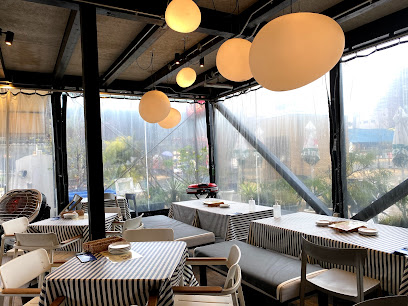
Abeton
Experience authentic okonomiyaki at Abeton in Osaka - where tradition meets taste in every bite.
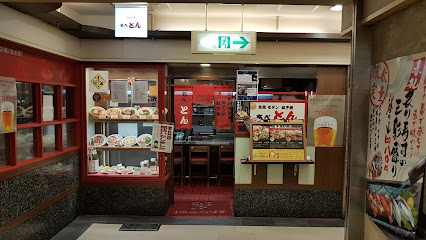
Ten'no-den Restaurant
Discover exquisite kaiseki dining at Ten'no-den Restaurant in Osaka - where tradition meets taste.
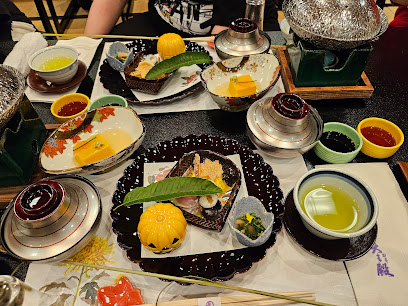
Carni Grill Tennoji
Experience the best of Brazilian flavors at Carni Grill Tennoji – where succulent meats meet Japanese izakaya charm.
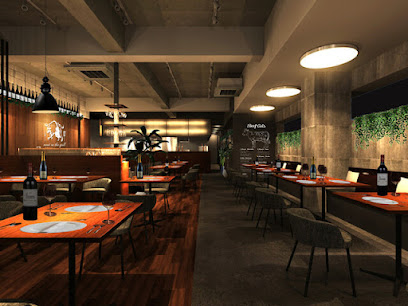
Nanoan
Experience authentic Japanese cuisine at Nanoan in Osaka - where tradition meets flavor in every dish.
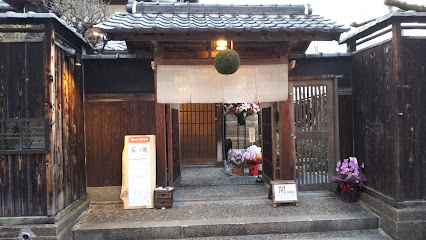
551 Horai Tennoji Station
Savor the authentic taste of China at 551 Horai Tennoji Station with their famous steamed buns and delightful dishes.
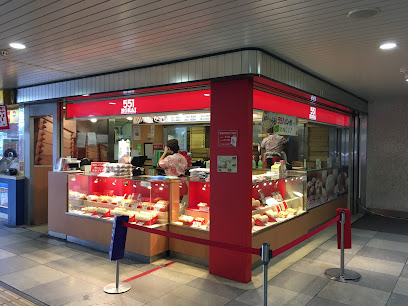
Suika KYK - Tennoji MIO
Savor the finest tonkatsu and shabu-shabu at Suika KYK - Tennoji MIO, where authentic Japanese flavors meet modern dining.
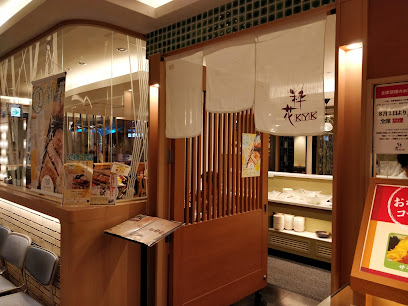
Petit Grill Maruyoshi
Experience the perfect fusion of Japanese flavors and Western cuisine at Petit Grill Maruyoshi in Osaka's Tennoji Ward.
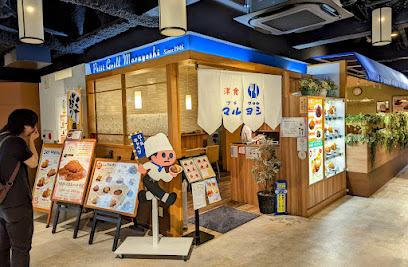
Teppansakaba Hishimekiyatennoji MIO Ten
Discover the authentic taste of Japan at Teppansakaba Hishimekiyatennoji MIO Ten, where delicious yakiniku meets vibrant izakaya culture.
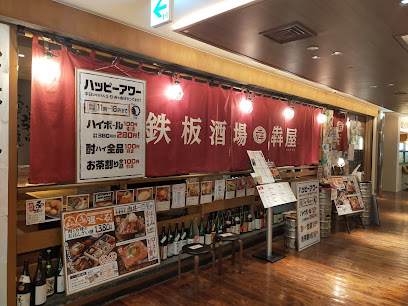
Markets, malls and hidden boutiques
Tennoji MIO
Discover Tennoji MIO, a vibrant shopping mall in Osaka with diverse shops, eateries, and a modern atmosphere for an unforgettable experience.
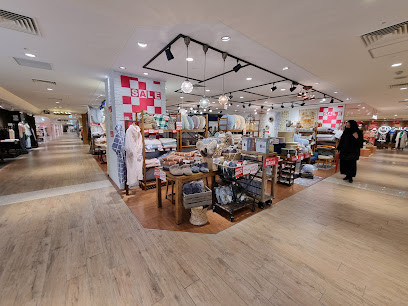
Tennoji MIO LOFT
Explore Tennoji MIO LOFT, a vibrant shopping haven in Osaka offering a unique selection of cosmetics, home goods, and more for every traveler.
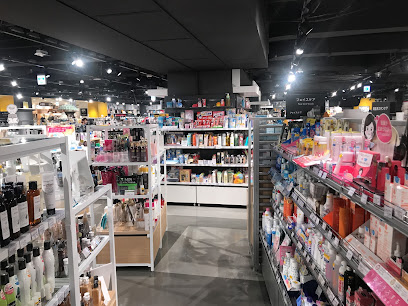
ekimo天王寺
Experience shopping, dining, and entertainment all in one place at ekimo Tennoji, Osaka's vibrant shopping mall.
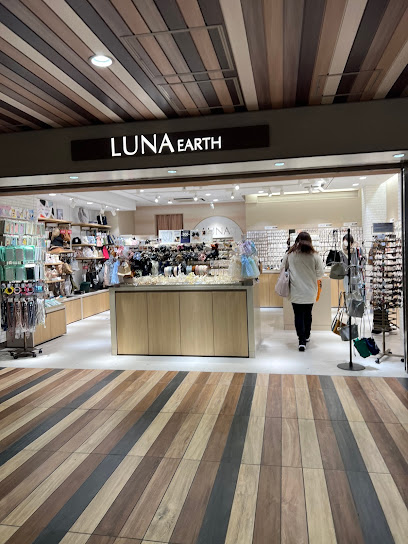
Tennoji MIO Plaza Building
Discover the vibrant shopping and dining scene at Tennoji MIO Plaza Building in Osaka, where modernity meets tradition in a stylish environment.
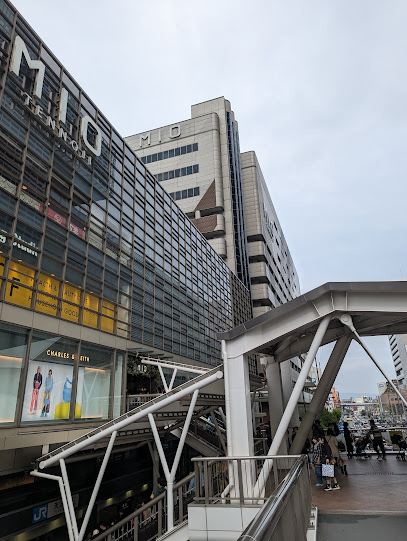
PLAZA
Explore PLAZA, Osaka's premier home goods store, offering a unique blend of stylish decor, practical essentials, and delightful souvenirs.
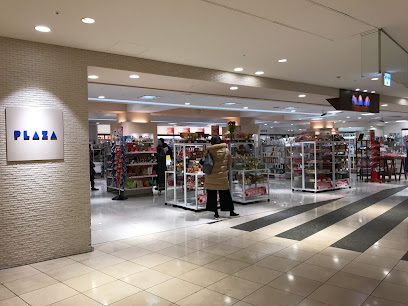
shop in
Discover the ultimate cosmetics shopping experience in Osaka at Tennoji MIO, where beauty meets variety in a vibrant setting.
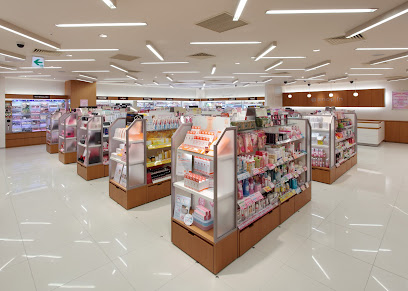
Flying Tiger Copenhagen 天王寺ミオ プラザ館ストア
Discover a treasure trove of quirky gifts, home goods, and toys at Flying Tiger Copenhagen in Tennoji, Osaka - where fun shopping awaits!
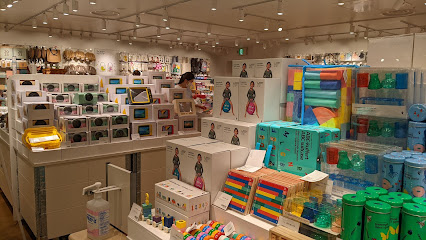
エピソード 天王寺店
Discover contemporary fashion at Episode Tennoji - your ultimate shopping destination in Osaka's bustling JR Tennoji Station.
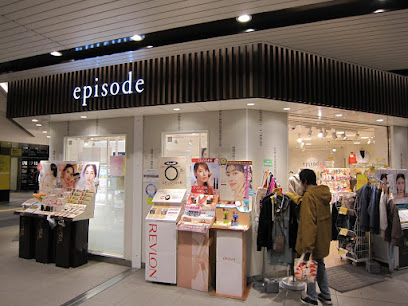
it300(イットサンビャク)天王寺ミオshop
Discover unique souvenirs and local gems at it300 Tennoji Mio Shop, a must-visit general store in the heart of Osaka's vibrant Tennoji district.
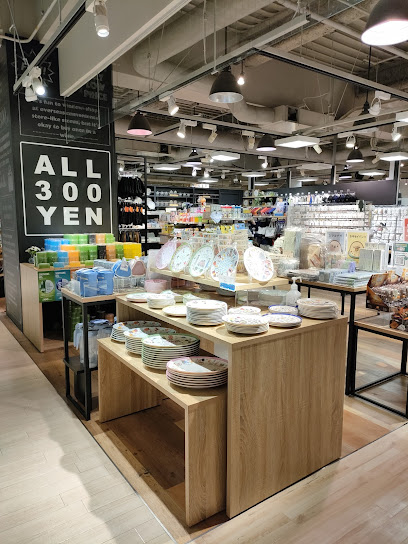
上本町
Discover the vibrant fashion scene in Uehonmachi, Osaka, where women's clothing stores offer a blend of modern style and traditional charm.

Essential bars & hidden hideouts
Bar Bata2 standing bar
Experience the fusion of vibrant nightlife and authentic Japanese curry at Bar Bata2 in Osaka's Tennoji Ward.
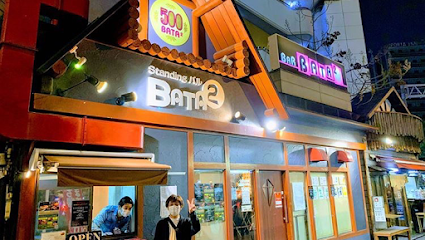
ティンズホール
Experience the lively atmosphere and local charm at Tins Hall, a must-visit bar in Osaka's vibrant Tennoji Ward.
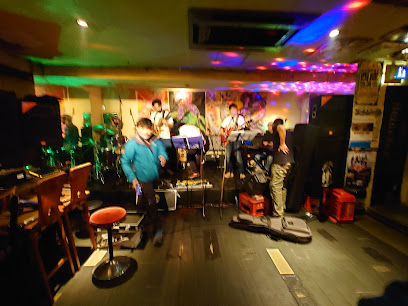
The Lux Bar
Experience the best of Osaka's nightlife at The Lux Bar, where exquisite cocktails and fine wines await in a sophisticated setting.
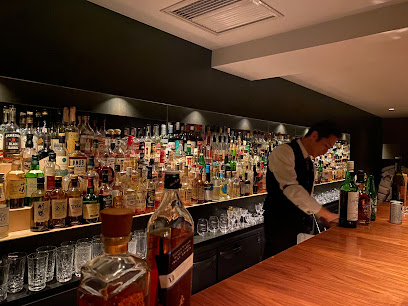
Three Monkeys Cafe Tennoji
Experience the best of Japanese barbecue at Three Monkeys Cafe Tennoji, a lively spot for delicious grilled dishes and refreshing drinks.
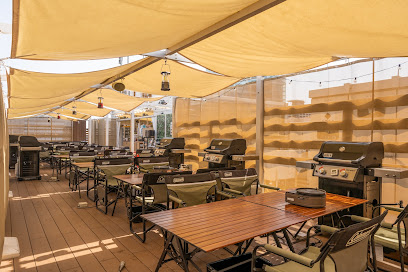
CelticBarGALWAY
Discover the vibrant Celtic Bar Galway in Osaka, blending Irish charm and Japanese hospitality with delightful cocktails and live music.
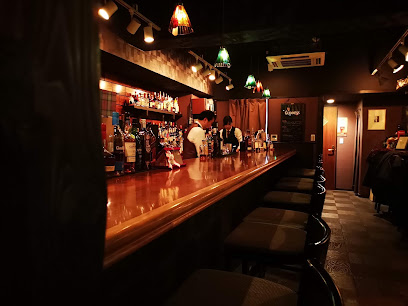
Bar Haze
Discover the lively atmosphere and eclectic drink offerings at Bar Haze, one of Osaka's top bars for nightlife and socializing.
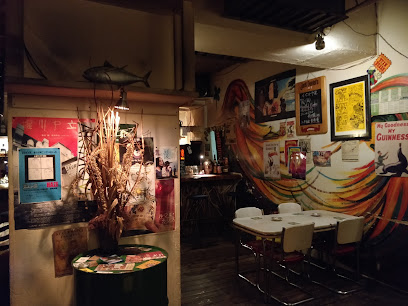
BAR STRATHISLA
Explore Bar Strathisla in Osaka for a unique blend of traditional hospitality and modern nightlife, perfect for an unforgettable evening out.
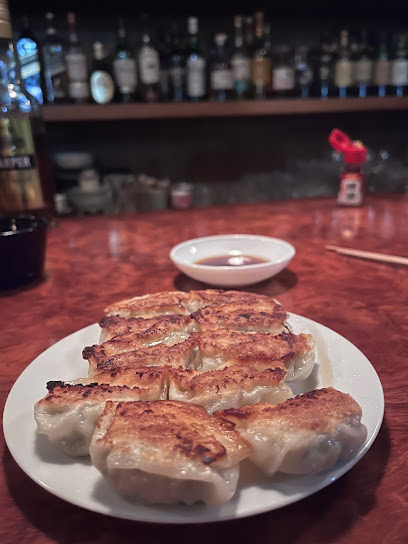
Bar
Experience the quintessential Japanese nightlife at Uehonmachi Bar, where tradition meets modern charm in the heart of Osaka.
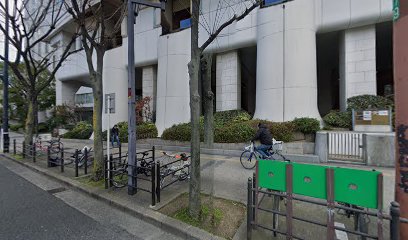
Live Bar OTO
Discover the vibrant nightlife of Osaka at Live Bar OTO, where exceptional drinks and lively atmosphere await every visitor.
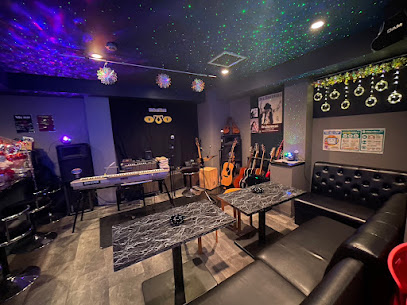
LIVEBar Refuge
Discover the vibrant nightlife of Osaka at LIVEBar Refuge, where local culture meets modern vibes in a lively bar setting.
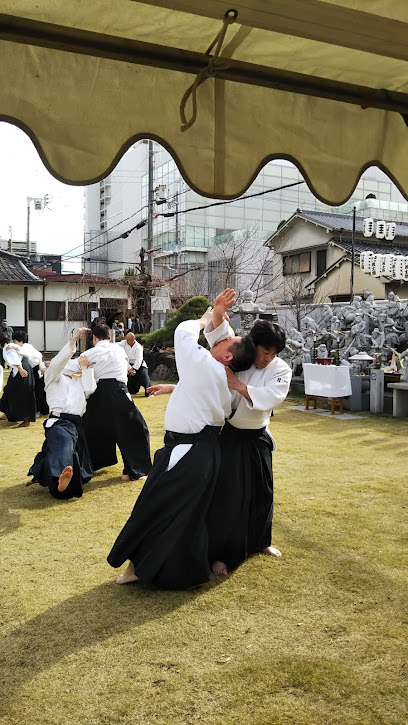
Local Phrases
-
- Helloこんにちは
[kon-ni-chi-wa] - Goodbyeさようなら
[sa-yo-u-na-ra] - Yesはい
[ha-i] - Noいいえ
[i-i-e] - Please/You're welcomeどうぞ
[do-u-zo] - Thank youありがとうございます
[a-ri-ga-to-u go-za-i-ma-su] - Excuse me/Sorryすみません
[su-mi-ma-se-n] - How are you?お元気ですか?
[o-ge-n-ki de-su ka] - Fine. And you?元気です。あなたは?
[ge-n-ki de-su. a-na-ta wa?] - Do you speak English?英語を話せますか?
[e-i-go o ha-na-se-ma-su ka?] - I don't understandわかりません
[wa-ka-ri-ma-se-n]
- Helloこんにちは
-
- I'd like to see the menu, pleaseメニューを見せてください
[me-n-yu-u o mi-se-te ku-da-sa-i] - I don't eat meat私は肉を食べません
[wa-ta-shi wa ni-ku o ta-be-ma-se-n] - Cheers!乾杯!
[ka-n-pa-i] - I would like to pay, please支払いをしたいです
[shi-ha-ra-i o shi-ta-i de-su]
- I'd like to see the menu, pleaseメニューを見せてください
-
- Help!助けて!
[ta-su-ke-te] - Go away!行って!
[i-t-te] - Call the Police!警察を呼んで!
[ke-i-sa-tsu o yo-n-de] - Call a doctor!医者を呼んで!
[i-sha o yo-n-de] - I'm lost迷子です
[ma-i-go de-su] - I'm ill具合が悪い
[gu-a-i ga wa-ru-i]
- Help!助けて!
-
- I'd like to buy...買いたいです
[ka-i-ta-i de-su] - I'm just looking見てるだけです
[mi-te-ru da-ke de-su] - How much is it?いくらですか?
[i-ku-ra de-su ka] - That's too expensiveそれは高すぎる
[so-re wa ta-ka-su-gi-ru] - Can you lower the price?値段を下げてもらえますか?
[ne-da-n o sa-ge-te mo-ra-e-ma-su ka]
- I'd like to buy...買いたいです
-
- What time is it?今何時ですか?
[i-ma na-n-ji de-su ka] - It's one o'clock一時です
[i-chi-ji de-su] - Half past (10)十時半です
[ju-u-ji-ha-n de-su] - Morning朝
[a-sa] - Afternoon午後
[go-go] - Evening夜
[yo-ru] - Yesterday昨日
[ki-n-o-u] - Today今日
[kyo-u] - Tomorrow明日
[a-shi-ta] - 1一
[i-chi] - 2二
[ni] - 3三
[san] - 4四
[shi] - 5五
[go] - 6六
[ro-ku] - 7七
[na-na] - 8八
[ha-chi] - 9九
[ku] - 10十
[ju-u]
- What time is it?今何時ですか?
-
- Where's a/the...?…はどこですか?
[…wa do-ko de-su ka] - What's the address?住所は何ですか?
[ju-u-sho wa na-n de-su ka] - Can you show me (on the map)?地図で見せてもらえますか?
[chi-zu de mi-se-te mo-ra-e-ma-su ka] - When's the next (bus)?次のバスはいつですか?
[tsu-gi no ba-su wa i-tsu de-su ka] - A ticket (to ....)切符(…へ)
[ki-ppu (…e)]
- Where's a/the...?…はどこですか?
History of Tennoji
-
Tennoji's history dates back to the Asuka period (538-710 AD), when it emerged as a key area for early Buddhist activity in Japan. The establishment of temples, particularly Shitennoji, one of Japan's oldest temples, marked Tennoji as a significant religious center. Shitennoji was founded by Prince Shotoku, a pivotal figure in the introduction of Buddhism to Japan, in 593 AD.
-
During the Edo period (1603-1868), Tennoji began to flourish as a commercial hub. The area's strategic location along trade routes contributed to its growth, and it became known for its bustling markets and vibrant street life. The construction of the iconic Abeno Harukas in the late 19th century further cemented Tennoji's reputation as a center of commerce and urban development.
-
The devastation of World War II significantly impacted Tennoji, as much of the area was destroyed during air raids. Following the war, efforts were made to reconstruct and revitalize the neighborhood. The post-war period saw the emergence of modern architecture alongside historical sites, creating a juxtaposition of old and new.
-
In the late 20th century, Tennoji experienced a cultural renaissance, with the restoration of historical sites and the development of cultural institutions. The Tennoji Zoo and the Osaka Municipal Museum of Art were established, enhancing the neighborhood's cultural offerings. The area became a focal point for both residents and tourists, showcasing Osaka's rich cultural heritage.
-
Today, Tennoji is known for its blend of traditional and modern elements. The skyline is dominated by Abeno Harukas, the tallest building in Japan, while traditional temples like Shitennoji remain pivotal to the area's identity. The neighborhood continues to attract visitors with its vibrant shopping districts, historical sites, and cultural festivals, embodying the dynamic spirit of Osaka.
Tennoji Essentials
-
Tennoji is easily accessible from various neighborhoods in Osaka. From Namba, take the Midosuji Line to Tennoji Station, which takes about 15 minutes. If you're coming from Umeda, use the Tanimachi Line to reach Tennoji in approximately 20 minutes. The Kansai International Airport is about 40 minutes away via the Nankai Airport Line, which connects directly to Tennoji Station.
-
Tennoji is well-connected by public transport, including the JR West lines, Osaka Metro, and private railways. The area is also bicycle-friendly, with rental services available. Walking is another pleasant way to explore, especially around the beautiful parks and historical sites. Local buses can take you to areas not serviced by trains, but the train system is usually the most efficient.
-
Tennoji is generally safe for tourists, though it's wise to remain vigilant, especially in crowded areas. While crime rates are low, petty theft like pickpocketing can occur, particularly around tourist hotspots like Abeno Harukas and Tennoji Park. It is advisable to avoid poorly lit areas at night and keep your belongings secure.
-
In case of an emergency, dial 110 for police assistance or 119 for fire and medical emergencies. The nearest hospital is Tennoji Hospital, located a short distance from the main attractions. It is recommended to have travel insurance that covers medical emergencies. For minor health issues, local pharmacies can provide over-the-counter medications.
-
Fashion: Do dress modestly, especially when visiting religious sites like Shitennoji Temple. Don't wear overly casual or revealing clothing. Religion: Do respect local customs; when visiting temples, remove your shoes and follow the etiquette. Public Transport: Do be courteous and give up your seat for the elderly; don't engage in loud conversations. Greetings: Do bow slightly when greeting; don't use overly familiar language unless you know the person well. Eating & Drinking: Do try local street food; don't eat or drink while walking in public spaces, as it is considered impolite.
-
To experience Tennoji like a local, visit the Abeno Harukas observation deck for stunning city views. Explore the quaint streets around Shitennoji, where you can find traditional shops and cafes. Engage with locals at Tennoji Park, especially during festivals. Don't miss the chance to try 'kushikatsu' (deep-fried skewers) at a local eatery, and remember to follow the custom of not double-dipping!
Nearby Cities to Tennoji
-
Things To Do in Nara
-
Things To Do in Kyoto
-
Things To Do in Nagoya
-
Things To Do in Kanazawa
-
Things To Do in Hiroshima
-
Things To Do in Tokyo
-
Things To Do in Fukuoka
-
Things To Do in Ulsan
-
Things To Do in Gyeongju
-
Things To Do in Pohang
-
Things To Do in Busan
-
Things To Do in Daegu
-
Things To Do in Andong
-
Things To Do in Suncheon
-
Things To Do in Daejeon











